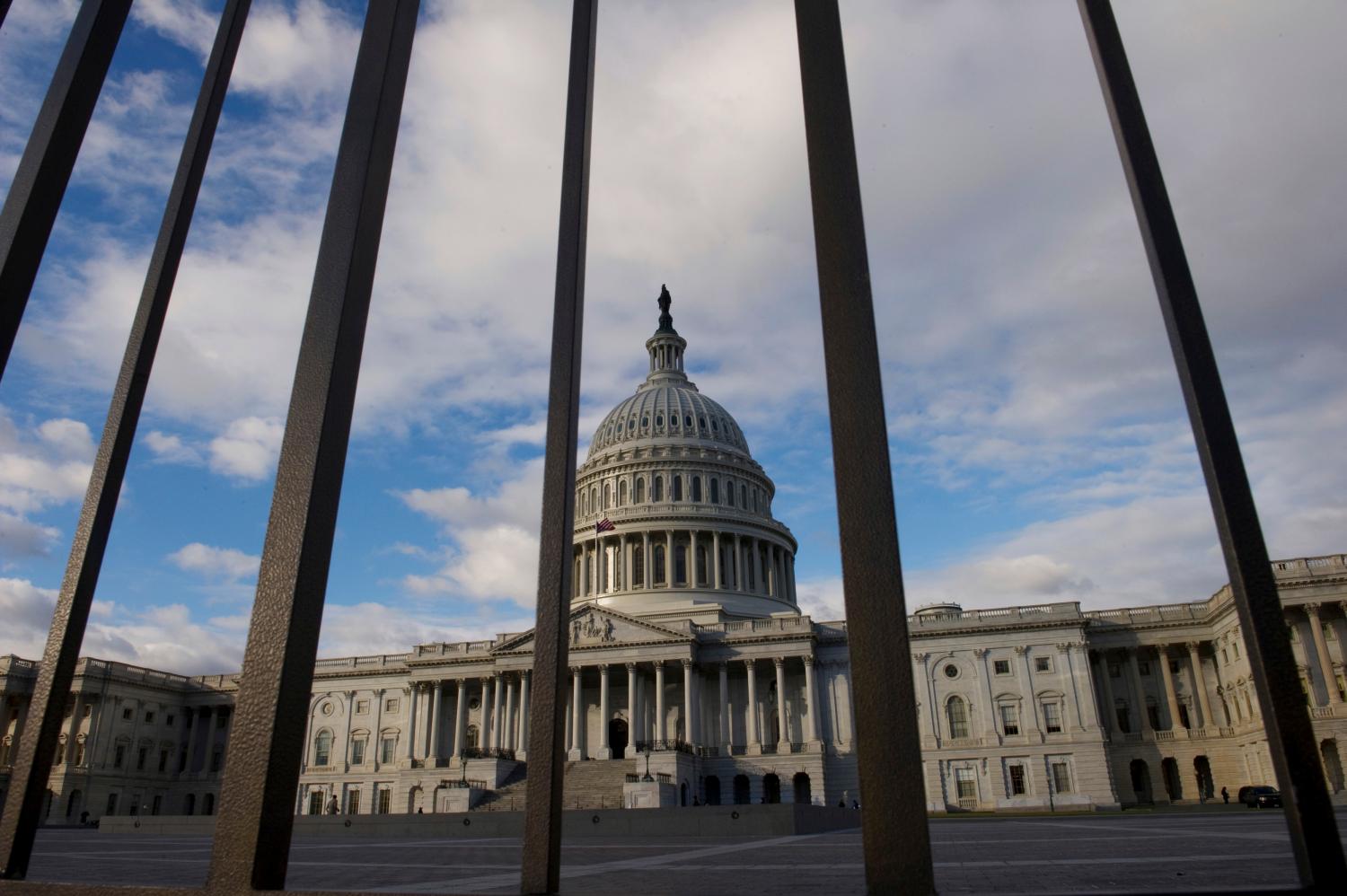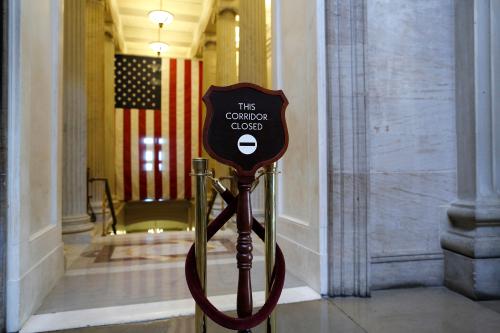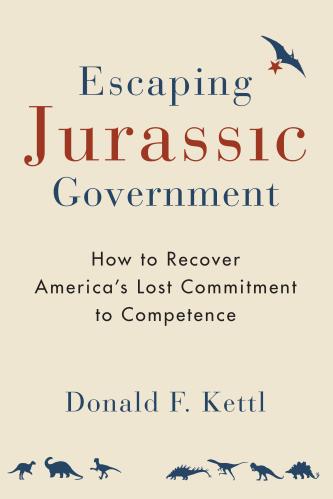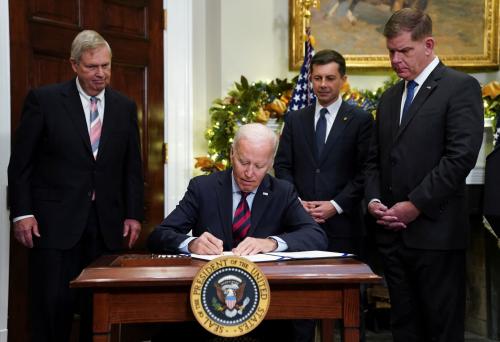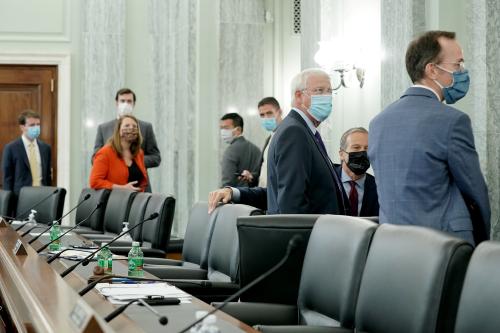Many legislators are rightly distressed by features of our administrative state, which often seems unaccountable and uninterested in ensuring that existing regulations are effective. Regulatory reform is, therefore, an area that should be ripe for bipartisan solutions. Unfortunately, the polarization of Congress has threatened to make the issue a purely partisan one, and many of the proposals recently debated in Congress threaten to badly disrupt some functional features of our current regulatory system. In this paper, Brookings Fellow Philip Wallach proposes several options for regulatory reform that would make our federal regulatory process more effective and should attract bipartisan support. They include:
- Strengthening OIRA. Over the three decades of the office’s existence, its budget has shrunk in inflation-adjusted terms while spending on federal regulatory activity has more than tripled. Increasing the agency’s capacity would allow it to be more actively involved at the stage of formulating regulatory alternatives and reduce delays.
- Scaled-down REINS. The version of the REINS Act passed by the House in 2011 and 2013 would force Congress to vote on every significant rule—probably around 150 per congressional session. REINS should be reformulated to force Congress to seriously consider and vote on the 10 or 20 most important rules each year, thus allowing for serious deliberation.
- Resurrect the OTA. The Office of Technology Assessment served as an important source of congressional capacity in evaluating complex, scientifically-based regulatory issues during its existence from 1972 to 1995. If Congress is to serve as an equal branch on regulatory issues it must invest in its own capacity to understand technical issues.
- Institutionalize Regulatory Lookback. Cost-benefit analysis is too rarely and haphazardly applied to existing rules—many of which may be obsolete or shown by experience to be ineffective. A sensible, institutionalized lookback process would facilitate learning about the government’s effects, rather than simply acting as a mechanism for selective regulatory rollback.
Making regulations more effective should be too important to turn into a token issue, and as Wallach argues, there is enough common ground in 2014 to make several kinds of reform a serious possibility. Overall, our regulatory system would be improved by building nonpartisan governmental capacity to evaluate the effects of regulation.

